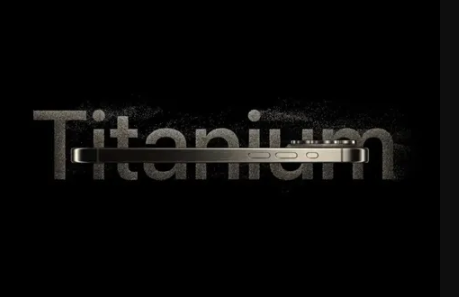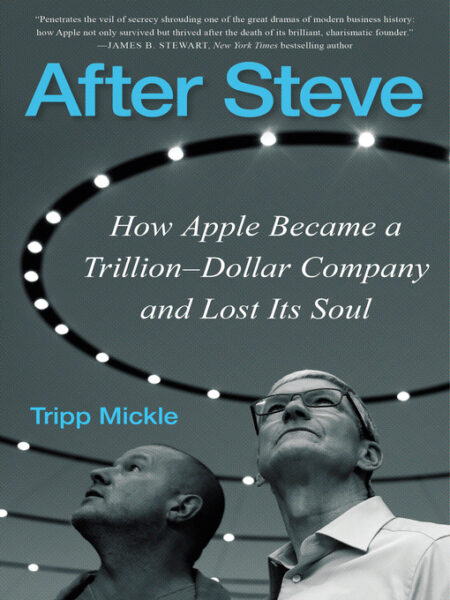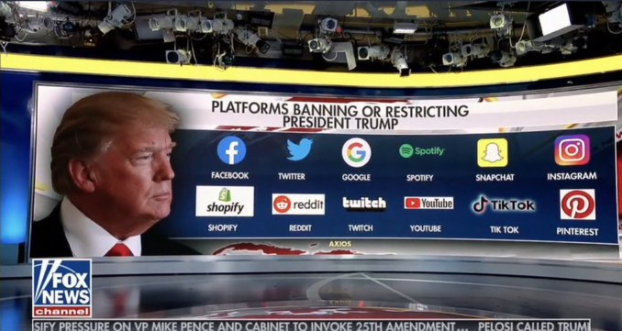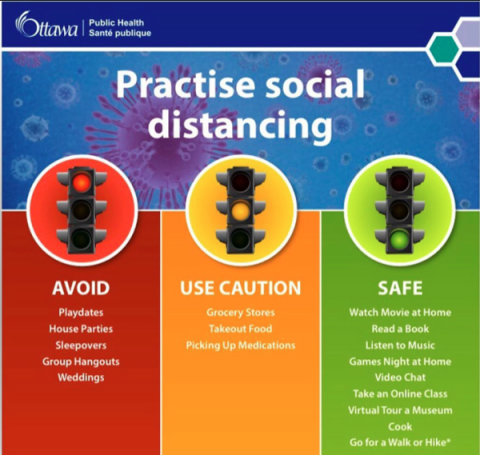Ted Gioia on the SXSW audience reaction to being presented with full-quill AI enthusiasm that didn’t match the presenters’ expectations at all:
Tech leaders gathered in Austin for the South-by-Southwest conference a few days ago. There they showed a video boasting about the wonders of new AI technology.
And the audience started booing.
At first, just a few people booed. But then more and more — and louder and louder. The more the experts on screen praised the benefits of artificial intelligence, the more hostile the crowd got.
The booing started in response to the comment that “AI is a culture.” And the audience booed louder when the word disrupted was used as a term of praise (as is often the case in the tech world nowadays).
Ah, but the audience booed the loudest at this statement:
I actually think that AI fundamentally makes us more human.
The event was a debacle — the exact opposite of what the promoters anticipated.
And it should be a reality check for the technocracy.
If they were paying attention, they might already have a hunch how much people hate this stuff — not just farmers in Kansas or your granny in Altoona, but hip, progressive attendees at SXSW.
These people literally come to the event to learn about new things, and even they are gagging on this stuff.
It’s more than just fears about runaway AI. Prevailing attitudes about digital tech and innovation are changing rapidly in real time — and not for the better. The users feel used.
Meanwhile the tech leaders caught in some time warp. They think they are like Steve Jobs launching a new Apple product in front of an adoring crowd.
Those days are gone.
Not even Apple is like Apple anymore. A similar backlash happened a few weeks ago, when Apple launched its super-high-tech virtual reality headset. The early response on social media was mockery and ridicule — something Steve Jobs never experienced.
This is the new normal. Not long ago we looked to Silicon Valley as the place where dreams came from, but now it feels more like ground zero for the next dystopian nightmare.
He’s not just a curmudgeonly nay-sayer (that’s more me than him), and has some specific things that are clearly turning a majority of technology users against the very technology that they once eagerly adopted:
They’re doing so many things wrong, I can’t even begin to scratch the surface here. But I’ll list a few warning signs.
You must be suspicious of tech leaders when …
- Their products and services keep getting worse over time.
- Their obvious goal is to manipulate and monetize the users of their tech, instead of serving and empowering them.
- The heaviest users of their tech suffer from depression, anxiety, suicidal impulses, and other negative effects as a result.
- They stop talking about quality, and instead boast incessantly about scalability, disruption, and destruction.
- They hide what their technology really does — resisting all requests for transparency and disclosure.
- They lock you into platforms, forcing you to use new “features” and related apps if you want to access the old ones.
- They force upgrades you don’t like, and downloads you don’t want.
- Their terms of use are filled with outrageous demands and sweeping disclaimers.
- They destroy entire industries not because they offer superior products, but only because as web gatekeepers they have a chokehold on information and customer flow — which they use ruthlessly to kill businesses and siphon off revenues.
Every one of those things is happening right here, right now.
We’re doing the technocracy a favor by calling it to their attention. If they get the message, they can avoid the coming train wreck. They can return to real innovation, with a focus on helping the users they now so ruthlessly exploit.















